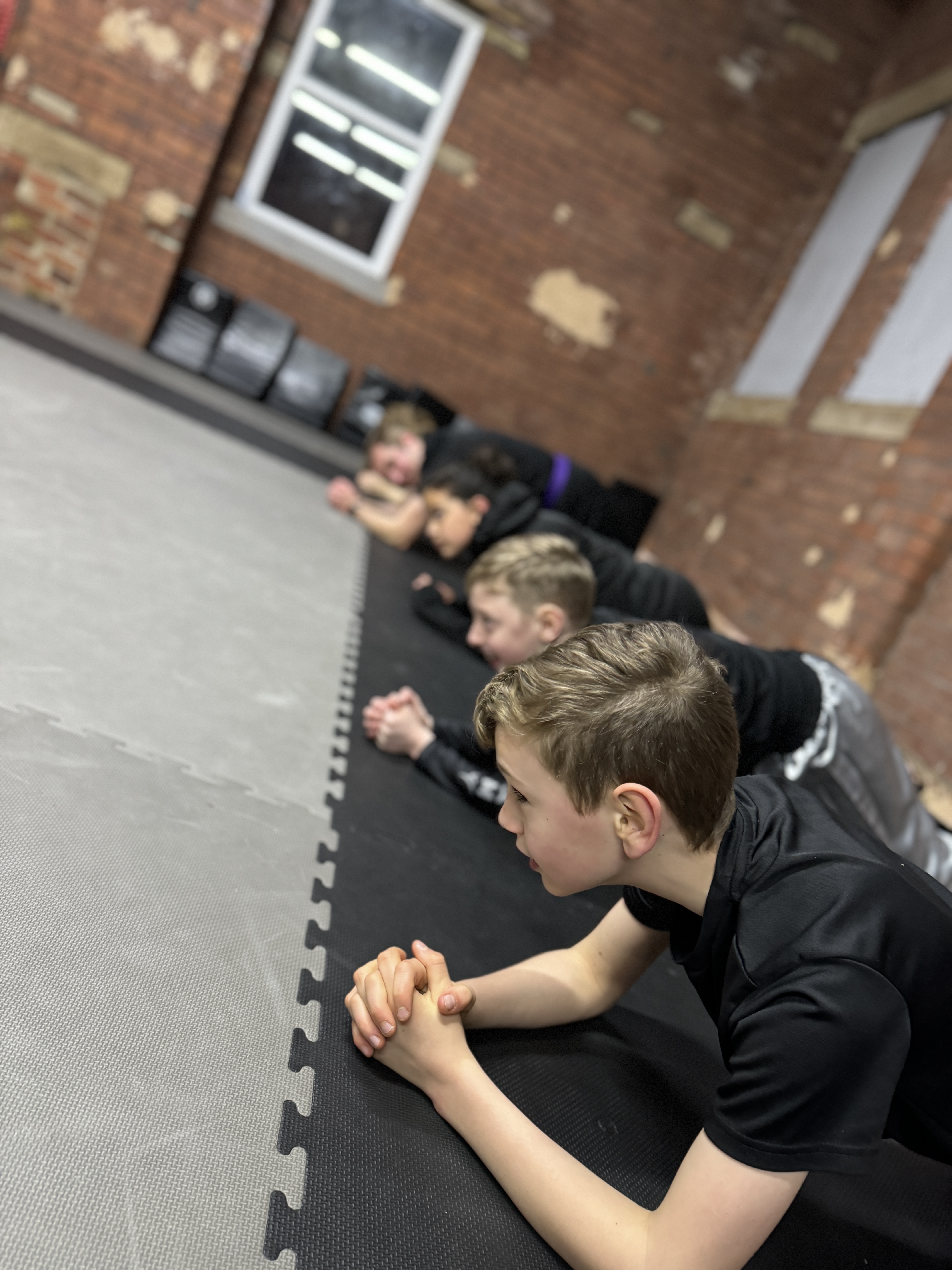
Myths About How Martial Arts Training Boosts Confidence in Children
Common Myths About How Martial Arts Training Boosts Confidence in Children 💪
Martial arts are often praised for helping children build confidence, and while there is truth to this, a lot of myths surround how it works.
As a martial arts instructor, I’ve heard many misconceptions from parents and other instructors. Some of these myths can lead to false expectations or a misunderstanding of how martial arts really develop self-assurance in kids.
So, let’s break down a few common myths and set the record straight.
Myth 1: Martial Arts Training Instantly Boosts Confidence
One of the biggest myths is that children will become more confident right away after starting martial arts.
Confidence doesn’t develop overnight, and expecting a child to immediately become bold and self-assured after a few classes isn’t realistic.
In truth, building confidence is a gradual process. It takes time for kids to learn new skills, understand their strengths, and start believing in themselves.
Confidence grows as they overcome challenges, like mastering a new kick or progressing through belt ranks.
Martial arts training lays the foundation, but patience is key. Confidence is something cultivated over months and years of practice, not after a single lesson.
Myth 2: Only Physical Skills Build Confidence
Many people assume that martial arts boosts confidence solely through physical prowess.
While it’s true that learning how to defend themselves can make children feel more capable, the real confidence boost often comes from less obvious areas.
Martial arts teach discipline, perseverance, and resilience.
When children face difficulties—whether it’s learning a difficult combination or handling a loss in sparring—they learn that hard work and persistence pay off.
Overcoming these mental and emotional challenges plays a bigger role in confidence-building than simply being able to throw a punch or block an attack.
Myth 3: Martial Arts Eliminates Fear and Doubt
A common misconception is that martial arts will erase all fear and doubt in children.
While martial arts do teach kids how to manage their fears, the goal isn’t to eliminate them entirely.
In fact, fear is a natural response to challenging situations, and learning how to face it is more valuable than trying to get rid of it.
In martial arts, children are encouraged to step outside their comfort zones.
They might feel nervous about sparring for the first time or worried about not performing well in front of their peers. But over time, they learn that it’s okay to feel these emotions, and more importantly, how to push through them.
This develops a sense of self-assurance that can help them handle challenging situations outside the dojo too.
Myth 4: Martial Arts Only Benefits Naturally Shy or Quiet Children
It’s easy to think that martial arts training is only for shy or reserved children who need to “come out of their shell.”
However, martial arts can benefit children across the confidence spectrum. Even children who are naturally outgoing or confident can gain something from martial arts.
They learn humility, respect, and self-control—essential traits that balance confidence and ensure it doesn’t turn into arrogance.
For children who may already have a bold personality, martial arts teaches them how to channel their energy in a positive direction and gives them the tools to handle adversity with grace.
Myth 5: Martial Arts Alone Will Fix Confidence Issues
This is one of the more dangerous myths.
While martial arts can be an incredible tool for building confidence, it’s not a magic cure.
If a child struggles with deep-rooted self-esteem issues, martial arts alone might not be enough to “fix” those concerns.
In some cases, additional support from parents, teachers, or even mental health professionals may be necessary.
Parents should think of martial arts as one component of a holistic approach to helping their child build confidence.
A supportive home environment, positive reinforcement, and opportunities for social interaction outside of martial arts are all crucial for fostering a child’s self-esteem.
Myth 6: Confidence Comes from Winning Competitions
Winning trophies or medals is often seen as a sign of success, but this can also create a false sense of what it means to be confident.
Martial arts competitions can be a great experience, teaching children to perform under pressure and handle both wins and losses with maturity.
However, real confidence isn’t about winning; it’s about knowing you’ve done your best, learned something, and improved along the way.
In martial arts, the journey is far more important than the destination.
Celebrating progress, no matter how small, teaches children that confidence comes from personal growth and self-improvement, not external rewards.
The Real Way Martial Arts Boosts Confidence in Children
Ultimately, martial arts helps children build confidence by providing them with a structured environment where they can safely fail, learn, and grow.
It’s not about becoming fearless, winning competitions, or instantly transforming into a confident child.
The real magic lies in the small victories—like a child landing their first kick properly, getting through a tough belt testing, or simply showing up and trying again after a bad day.
Martial arts is about helping children understand their own potential, teaching them to face challenges with courage, and showing them that with perseverance, they can achieve great things.
That’s how confidence truly develops—slowly, steadily, and from the inside out.
By setting realistic expectations and focusing on the long-term benefits, parents and instructors alike can help children build the kind of confidence that lasts a lifetime.
What myths about martial arts and confidence have you heard? Feel free to share your thoughts in the comments!
Do I need any prior experience to join?
No prior experience is necessary. Our classes are open to beginners and seasoned practitioners alike. Our instructors provide thorough guidance and support to help you progress regardless of your starting point.
Do I need any special equipment?
When you get signed up, you'll receive a uniform to wear in class. For your taster class, just something loose fitting will be sufficient. Water is also advised!
How often should I attend classes to
progress?
We recommend two classes each week for most beginners. we do offer other options depending on the class. Reach out for more information.
Is martial arts suitable for all ages?
Yes, our martial arts classes are suitable for all ages. We have specially designed programs to cater to different age groups, focusing on developing discipline, confidence, and physical fitness in a fun and safe environment.
What martial art do you practise?
Kickboxing mainly. We do also practise sport karate as well as various elements of other styles, focusing on functional and effective techniques with a self defence focus.
Can I try before I commit?
Yes, absolutely! You can book a free taster class HERE.

